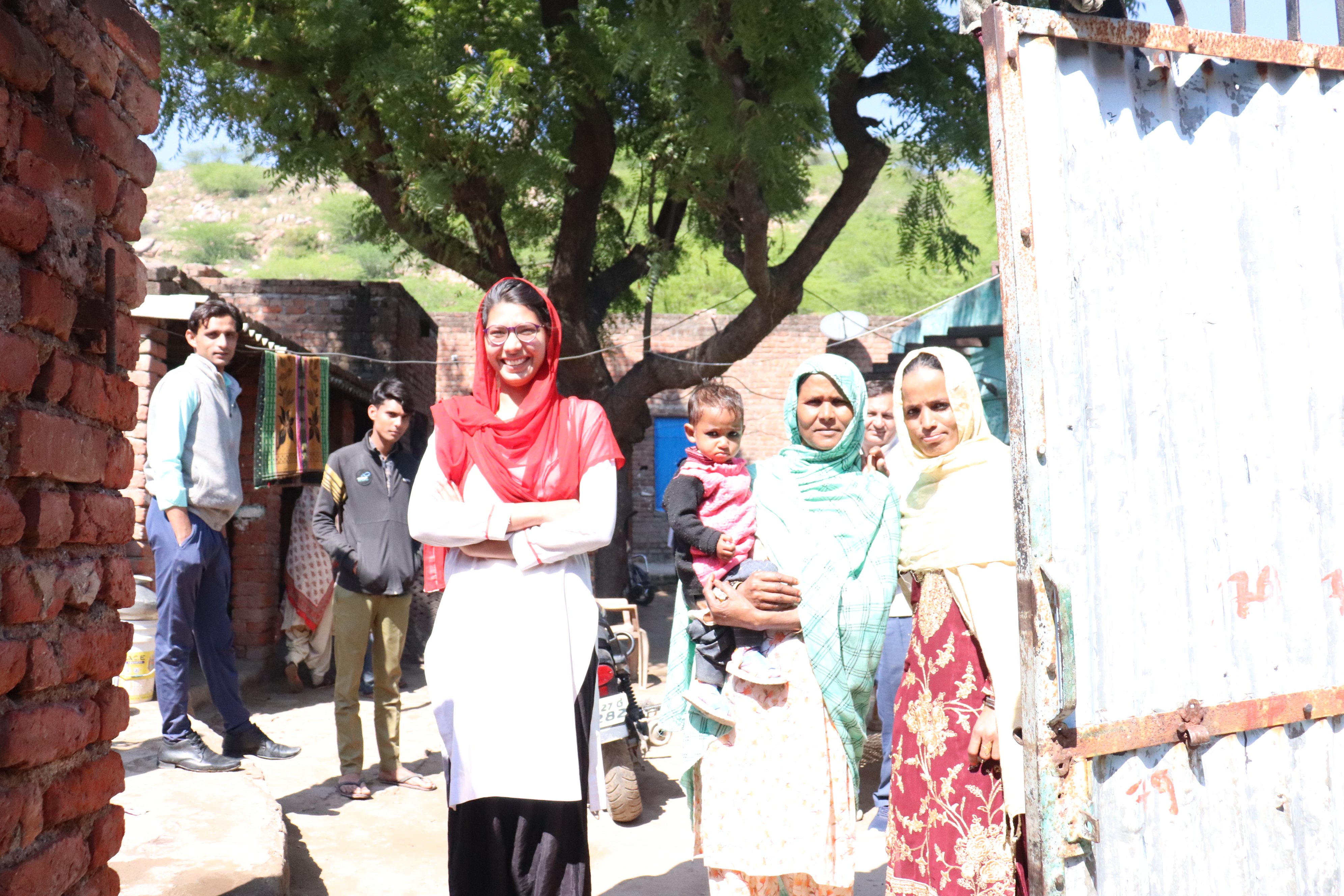Three years after abduction, accused nabbed, girl rescued
The accused was declared a proclaimed offender and was carrying a reward of Rs 50,000.
Muskan serves as hope for many, and her battle is the battle of many such girls, who strive to carve their own identities amidst adversities

“As you sow, so you shall reap,” sings 18-year-old Muskan, born and brought-up in Nuh, Haryana. Her strong voice is synonymous with the grit and determination she harbours to break barriers that have curtailed the freedom of women since ages.
In 2018, the Government of India’s premier policy think tank Niti Aayog named erstwhile Mewat district as the most underdeveloped of India’s 739 districts. Despite bordering Gurgaon district, Haryana’s rich industrial and financial heartland, this district had the worst health and nutrition, education, agriculture and water resources, financial inclusion, skill development and basic infrastructure.[1][2]
Advertisement
Muskan, the eldest of five siblings, informs that she has completed her 10+2 (high school), this year. The tinge of pride in her voice cannot be missed. “Education of women earns the least priority in this village. Everyone wants to marry off the girl as soon as possible. When I was in class 10, we were 26 girls, of which only 14 remained in class 12, while just 2 cleared class 12: my friend and I. All others have either been married or are about to get married off. The fight to continue one’s education as a girl is tremendous, as the societal pressure is high. I cried for days, when I was told that I couldn’t complete my schooling. My dad was supportive, but the elderly in the family and village made the decision to continue my studies so tough.”
Advertisement
Muskan goes on to describe her interactions with her friends, who are now ‘settled’: “When I hear about the dowry issues, fights and arguments between the couple, early pregnancies, health issues, and financial problems, I do feel that where I am is so much better. The questions remain: “For how long?” I want to be a lawyer, have a career and stand on my own feet. Isn’t that so much better than having one’s identity quashed?”
During the pandemic, Muskan wanted to pursue a career as a nurse, as she saw the dire need for specialised medical care, up-close. All arrangements were made, but last minute her father changed his mind, and the opportunity was struck off. What followed were fights and tears that Muskan now recounts with a faint smile. Currently, Muskan is pursuing her first year of graduation through distance learning, while her brother is pursuing it on a regular basis. Her other siblings want to become a police officer and doctor. “When I was a child, I remembered how I disliked going to school, and wished that every day was a holiday. It is such a paradox that later in life I fought tooth and nail to attend school each day. In my world, men scoff at a woman even going to a bank, as they remark on women lacking financial literacy, but this will soon have to change, and I want to be that beacon of change. I try and excel in whatever I do – be it studies or sports, as I need to prove myself time and again, but this makes me stronger and better. As you sow, so you shall reap.”
Many girls like Muskan struggle to carve their respective identities – identities that are their own and not attached with a male figure. However, the going is uphill and tough.
Comments Sumanta Kar, Secretary General, SOS Children’s Villages of India that has been supporting families under the Family Strengthening Programme: “Education is a basic human right that just cannot be denied. It is, therefore, vital that caregivers are empowered, so that their families can be strengthened both, socially and economically. This empowerment can only be secured via education, capacity building, skilling and livelihood support or productive employment. Also, this will catalyse a Domino Effect impacting not only the families of caregivers but also of communities.”
Muskan serves as hope for many, and her battle is the battle of many such girls, who strive to carve their own identities amidst adversities.
Advertisement